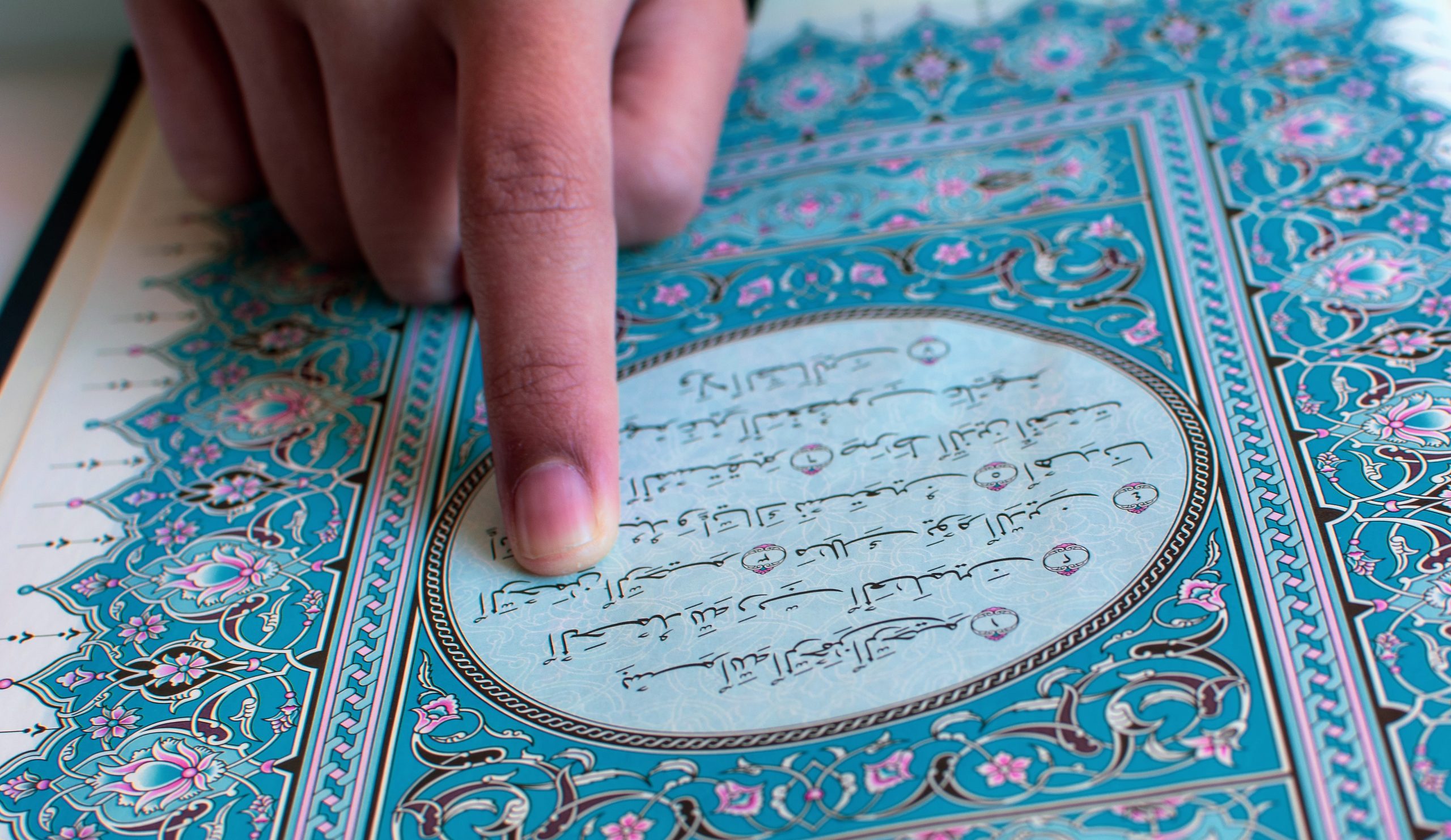Latest News
Sources of Muslim Personal Law

The personal law is that branch of law which is applied to the persons of a particular religious community. The Mohammedan law is applied to the Muslims and the Hindu law is applied to the Hindus.
The Muslim law is founded on Al-Quran, which according to the Muslims has an eternal source and was revealed to the Prophet Mohammad. The Quran consists of, apart from matters of religious and theological importance, certain passages of jurisprudential value. Wherever the Quran appears to be silent on an issue, help can be taken from ‘Sunnat’ (whatever Prophet had done, said or allowed) and also from ‘Hadis’ (Prophet’s sayings or narration of whatever was said, done or upheld by him) and they supplement the Quran, which is the primary source of Muslim law.
The whole system of Muslim law is based on the Quran and the ‘traditions’ (Sunnah and Ahadis). The word ‘Shariat’ is used many times with regard to Muslim law and it is the whole body of Muslim common law. Shariat, according to Asaf A.A. Fyzee, “is not law in the modern sense, but contains an infallible guide to ethics”.
The sources of the Muslim personal law can be divided into:
ANCIENT (PRIMARY) SOURCES
MODERN (SECONDARY) SOURCES
ANCIENT SOURCES
1.THE QURAN: The primary source of Muslim law is the Quran. The Quran is a composition of expressed revelations made in the words of God to Prophet Mohammad. It is divided into 114 chapters and is composed of 6237 Aayats. Each chapter is called a Sura.
2. AHADIS AND SUNNA: It means whatever Prophet said or did. Ahadis means ‘what he said’ and Sunna means what he did. It included all the teachings and practices of Mohammad and is accepted as a genuine source of law by all Muslim sects.
3. IJMA : It means the consensus of the companions and followers of the Prophet. Elucidations, explanations, and decisions are included under this. According to the classical theory, after the Quran and the traditions, the opinion amongst the companions of the Prophet is recognized as the best guide of law.
4. QIYAS: These are the analogical deductions. Qiyas means the deductions that are obtained after the exercise of reason from the first three primary sources of law. It is the deduction by which established principles of law are applied to new circumstances.
The Shias consider the Quran, Ahadis, and the Ijma as a valid source of law. They do not consider the Qiyas as a valid source of law.
MODERN SOURCES
1. CUSTOM: It is the tradition that passes on to the generations and dependent upon human conduct. A practice obtains the force of law when it is followed uniformly, continuously, consistently through the generations. They are not expressly described as a source of law but those which were not modified during the time of Prophet are held as valid and good.
2. JUDICIAL PRECEDENT: The interpretation of Muslim law by the judges of the Indian Supreme Court and the High Courts supplements as a modern source of Muslim personal law. The decisions of the higher judiciary are regarded as sources for future cases and include decisions of the Privy Council, Supreme Court, and High Courts.
3. LEGISLATION: Many enactments have come into force and been modified over time which forms a source of the Muslim law for example: Wakf Act, 1954, the Shariat Act,1937, the Dissolution of Muslim Marriage Act, 1939 and Muslim Woman (Protection of Rights on Divorce) Act, 1986.
4. JUSTICE, EQUITY, AND GOOD CONSCIENCE: Sometimes the other sources such as the Qiyas fail to satisfy the jurists owing to the narrowness thus in such cases the judges rely on justice, equity, and good conscience when such particular circumstances arise in a case, they are called Istihsan or “juristic equity”.



































































































